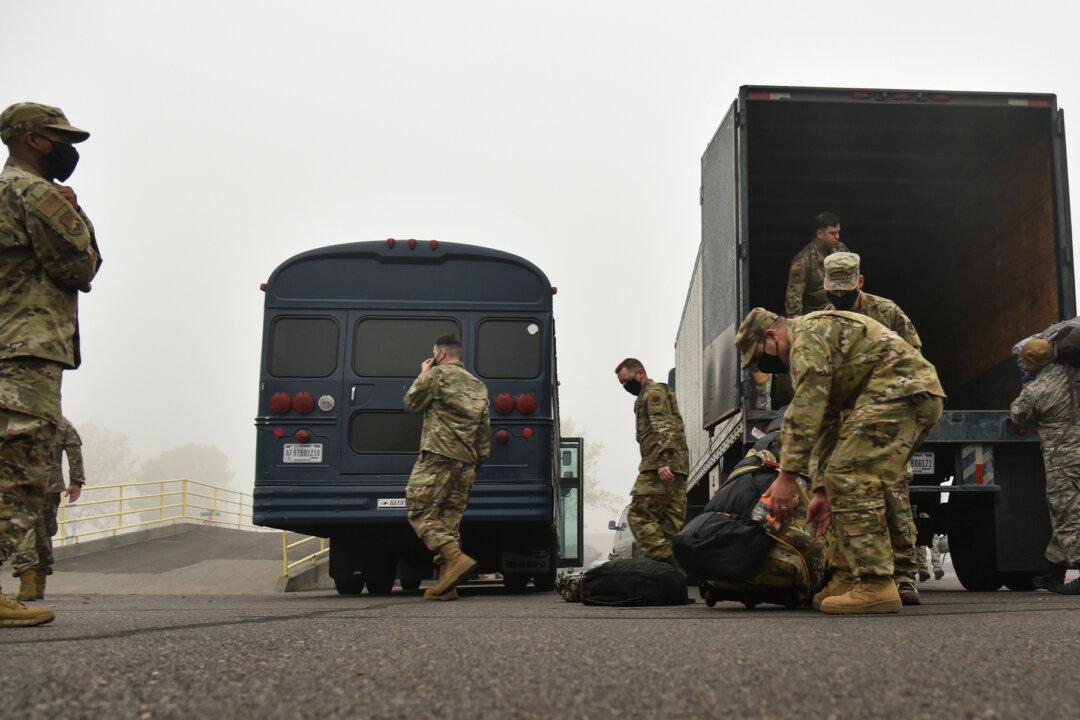One hundred and twenty-five members of the Oregon Air National Guard have deployed to wildfire sites across the state to assist in relief efforts.
Operation Plan “Smokey,” in collaboration with the Oregon Military Department and the Oregon Department of Forestry, aims to help quell the most recent and devastating West Coast wildfire season in years.





